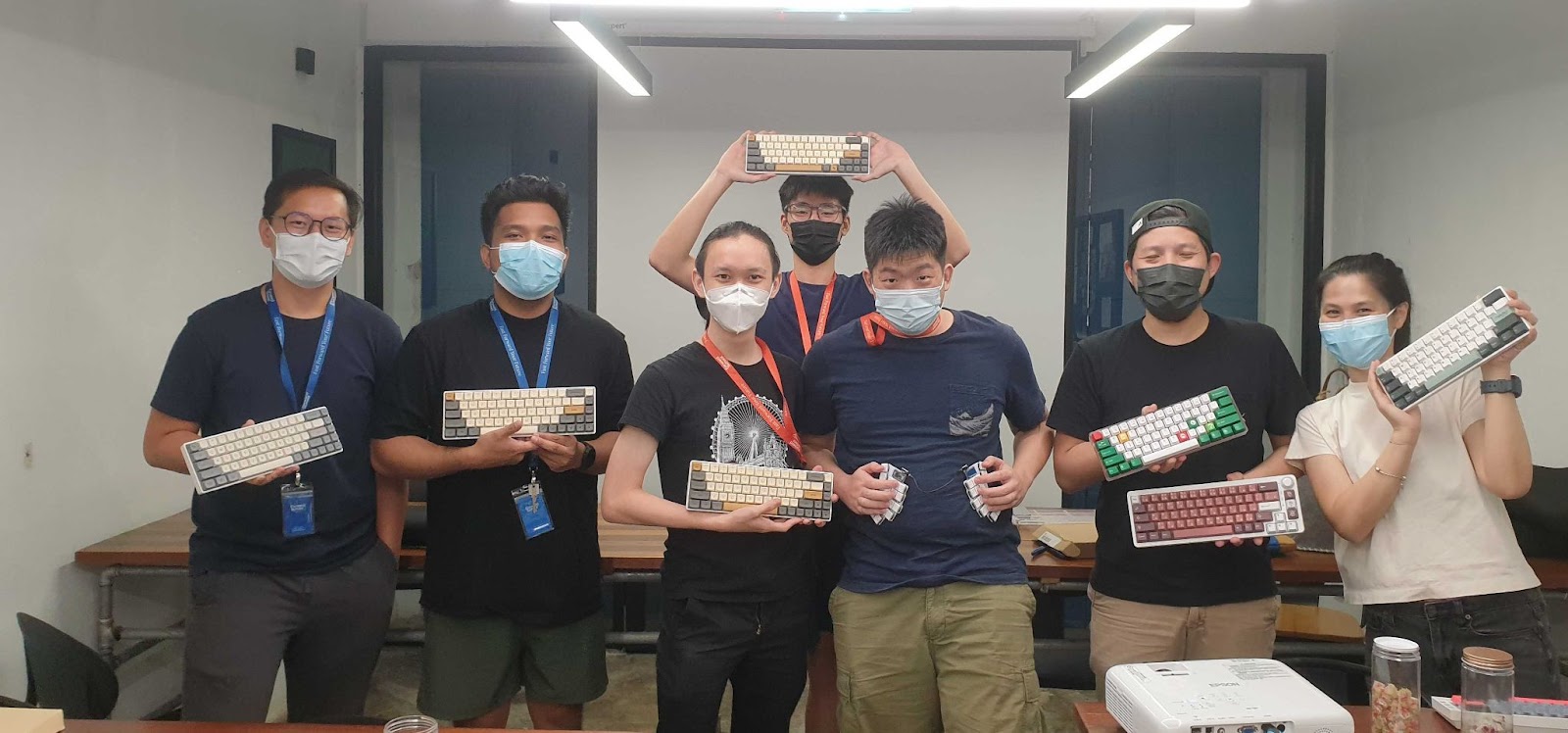

Speak to a Learning Advisor
.svg)
Video games are one of the most popular pastime hobbies for teenagers for either boys or girls. With the rise of eSports and new generation consoles for the ultimate gaming experience, everyone knows what video games are, from kids to teenagers to parents with kids and teenagers now. In the current 21st century, learning has been reformed for the better, students tap into the limitless information and resources online for better learning experiences, this includes gaming as well. Although for many, video games are perceived to be harmful to teenagers as it degresses their academic performance with more attention paid to gaming than studying. Only few realise the potential of gaming that if driven with a mentality for success, it will do wonders to a teenager growing up, especially in Programming. However, how are games related to programming?

Gaming requires logical thinking from players, analysing a certain situation and coming up with sensible solutions. With gaming, players are tuned in on solving problems within the game, learning strategies and mechanics that can win them the game. Games such as Dota have very refined gameplay mechanics where attention to detail and improvisation separates the great from the good.
Similarly to programming, the most vital attributes for programmers or software engineers is problem solving through logical and critical thinking. Good programmers are great problem solvers with critical thinking skills that enable them to not only create or build programs, but to also fix and debug them, which both creating and fixing calls for the ability to identify problems, think and implement solutions.

From RPGs to strategy games, gaming allows for players to do multiple things at once as some video games can involve remembering and implementing different button combinations that trigger certain moves, watching different parts of the screen while communicating with the team.
Similarly, multitasking is an essential role in the life of a programmer, as it is quite common for programmers to switch between tasks and projects at any time given that there are more than one project that is handled by them.

As much as it may not seem to be true, gaming really does increase communication skills among team members, especially in multiplayer games where collaboration and team plays are essential to winning. In eSports games whether it is Battle Royale, MOBA or even FPS games, great teams win championships because of their collaborative efforts and communication skills such as listening and talking, which in return helps people especially teens to adapt to social situations.
While communication does not seem to be relevant for programmers, this is just not true. Large projects like game development require teamwork alongside other programmers, or even understanding and managing projects require a heavy deal of communication with clients. Lack of effective communication can result in delays, bugs and even presenting an entirely wrong project because of miscommunication and misunderstandings of expectations and outcomes.
Take for example The International 2019, the biggest Dota 2 competition that kickstarted ESports back in 2010, team OG made history as the only team to lift the Aegis for back-to-back years, they became one of the biggest ESport teams overnight. They achieved success with quick improvisation in-game which was impossible without strong communication and collaboration between teammates. This goes without saying that gaming has been shown to sharpen a gamer’s communication skills which is essential for any programmers today.

Here at Forward School, we are a community group with tons of programmers who are huge gamers. See yourself as a great gamer? You might just be the programmer that the industry is looking for, join us for a game and maybe we might get to know you more!